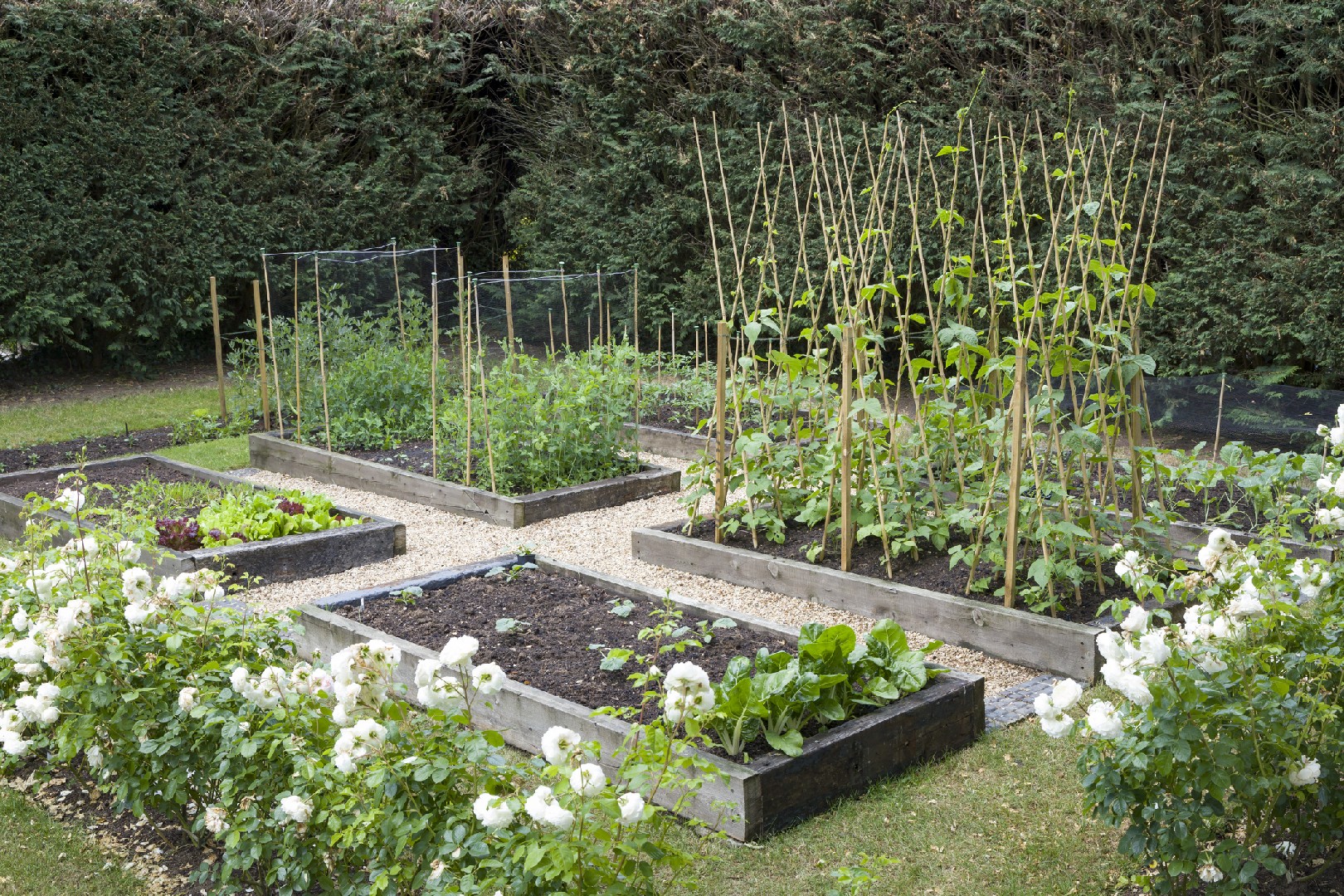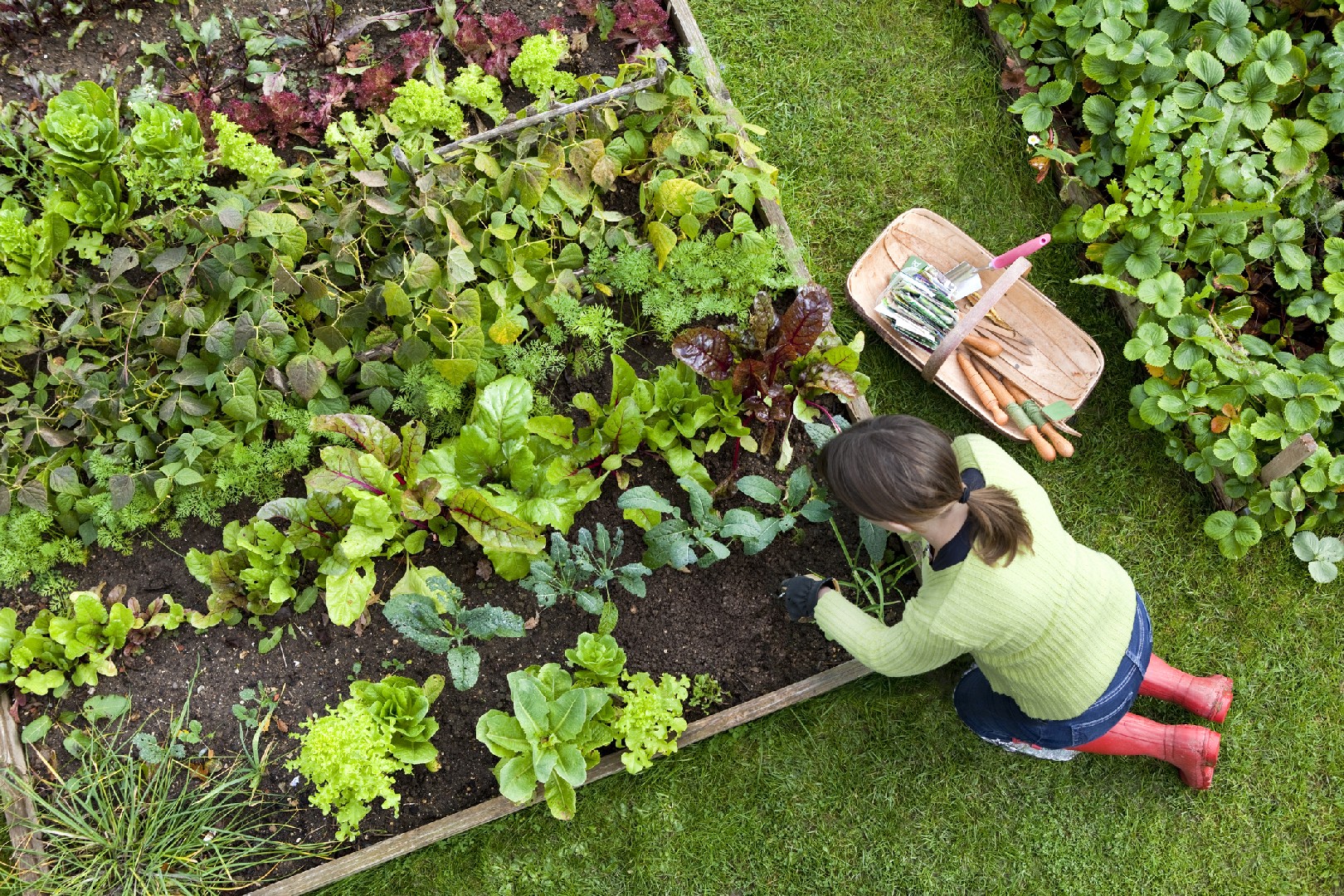![Rectangle]()
Nurture Your Garden Organically: Essential Methods
In the world of gardening, there is something truly magical about growing your own vibrant vegetables. The connection to nature, the joy of harvesting your own produce, and the satisfaction of knowing that you're nourishing your body with pure goodness – these are just a few of the many reasons why organic gardening is gaining popularity.
One of the essential methods in organic gardening is investing time and effort into building quality soil. The soil is the foundation of a successful garden, and it plays a vital role in nurturing your plants. By focusing on improving soil health, you can create an environment where plants can thrive naturally. Start by adding organic matter such as compost, which enriches the soil with essential nutrients. Composting can be done using kitchen scraps, yard waste, and plant material, and it helps improve soil structure, water retention, and overall fertility.
Another important aspect of organic gardening is natural pest management. Instead of relying on chemical pesticides, organic gardeners employ various techniques to control pests. For instance, introducing beneficial insects like ladybugs and lacewings can help keep common garden pests like aphids at bay. Additionally, using physical barriers, such as row covers or netting, can protect your plants from larger pests like birds or rabbits. By embracing these natural pest management methods, you can minimize the harm to beneficial insects and maintain a more balanced ecosystem in your garden.
Crop rotation and companion planting are two more essential methods in organic gardening. Crop rotation involves systematically changing the location of your crops each season to prevent the buildup of pests and diseases. By rotating crops, you can break pest cycles and improve soil fertility. Companion planting, on the other hand, involves strategically growing different plants together to maximize the health and productivity of each. For example, planting marigold flowers around your tomatoes can help deter harmful pests while attracting beneficial insects like bees.
Lastly, choosing appropriate plants for your local climate and soil type is crucial in organic gardening. By selecting plants that are well-suited to your region, you can minimize the need for excessive watering, fertilization, and protection against environmental stressors. Research the native plants that thrive in your area, as they are more likely to have adapted to local conditions. Additionally, consider the soil type in your garden and choose plants that are compatible with it. This will ensure that your plants can access the necessary nutrients and thrive in their natural habitat.
In conclusion, organic gardening is a rewarding and sustainable way to grow vibrant vegetables. By focusing on quality soil and composting, employing natural pest management methods, practicing crop rotation and companion planting, and selecting appropriate plants for your local climate and soil type, you can nurture your garden organically and enjoy a bountiful harvest. So, roll up your sleeves, dig in the dirt, and embrace the beauty of nature as you embark on your organic gardening journey. Happy gardening!





